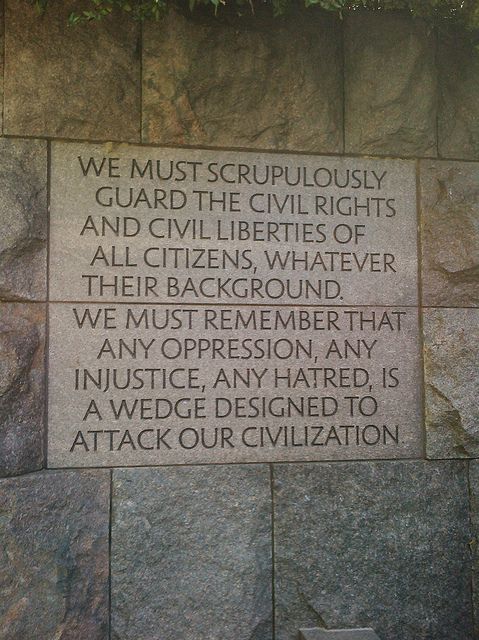If you're moving forward and moving fast, you've no doubt heard it:I wrote this:
- People who look like you aren't qualified to do this work.
- I'm not sure you're a good cultural fit.
- I once knew someone your age/race/demographic and they let me down.
... castiesm manifests itself not just in form of ancestral caste but also in new found castiest approaches like lobbying and groupism. The mindset of preferential treatment to a set of people at the cost of others while violating the principles of fair play and meritocracy is wrong and needs to be uprooted.Seth claims that today is the time when we can all challenge this with "Now, more than ever, attitude trumps background!" Caste also represents 'typecasting' individuals based on their background - in India background may mean birth (i.e. caste), region (Maharashtrian, Punjabi, Bihari, Nepali - often referring to those from North East states), or even new found institutional background like 'Old IIMs', 'new IIMs', 'IITs', 'NITs', 'Foreign B-school' etc.
To be sure, parts of such 'backgroundism' exist across the globe and not just India - but in India the problem is more acute because it comes 'naturally' to people used to thinking in a casteist mindset. And education unfortunately, often increases, rather than decrease, one's appetite for slotting individuals based on such background than evaluate them as individuals.
A change in this mindset, by the way, is also one of the pillars of Gandhian thought - as I wrote here - "The individual was Gandhiji's major concern ... He never saw or judged Indians or Frenchmen or Christians or Muslims in millions."
Photo credit: Andrew Fresh
.

Comments
Post a Comment